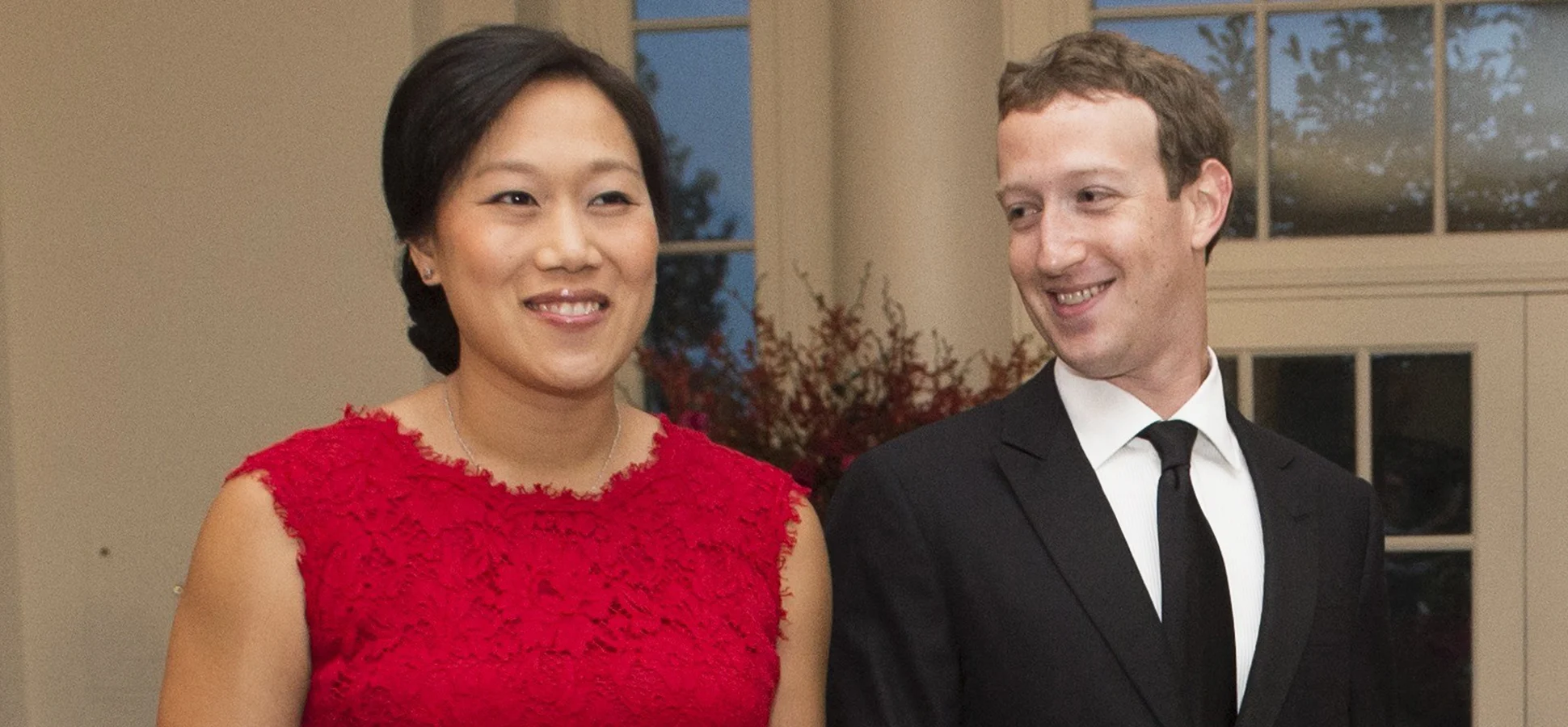Copyright Inc. Magazine

A world without diseases is straight out of a utopian novel. But, if Meta CEO Mark Zuckerberg and his wife Priscilla Chan get it right, it might be reality somewhat soon. The billionaire couple-led nonprofit, The Chan Zuckerberg Initiative (CZI), once focused on education, policy, housing, and health, but on Nov. 6, the couple announced it is refocusing its efforts towards artificial intelligence-powered research and virtual biology in the hopes of curing all diseases by 2100. According to Axios, CZI hosted leading AI researchers and executives last week to announce their focus on the intersection of biology and technology to find disease cures faster. “When we started, our goal was to help scientists cure or prevent all diseases this century,” Zuckerberg said during the announcement at Biohub, the couple’s science research organization. “With advances in AI, we now believe this may be possible much sooner.” Featured Video An Inc.com Featured Presentation The pair is also set to shift some of their philanthropic resources to Biohub as part of the refocus. Per The New York Times, CZI pledged that by 2028, it will increase its data center computing power tenfold to devote it to AI-powered biological research. While the couple has previously started to shift CZI’s focus—particularly earlier this year when it abruptly ended diversity-driven and housing initiatives—they have previously claimed to be donating 99 percent of their Meta shares to CZI, eclipsing the wealth other biology innovation nonprofits. CZI did not declare a specific disease they are combating. Rather, they announced a series of biology and AI projects, like a cell mapping platform using AI to detect genetic diseases. “We are intentionally not choosing [a specific disease] because we want to make every single scientist better, to take on more risk, to ask the most brave, curious questions so that they can find out what’s true in biology,” Chan, was formerly a UC San Francisco pediatrician. AI-powered research in the medical and biology field is not new. Several initiatives use generative AI to speed the drug discovery process, and similar research underway in leading research institutions, like MIT and Stanford. “On a day to day basis, we have conversations with biologists who think, ‘OK, that’s wildly ambitious to try to prevent and cure all diseases.’ And then you talk to the AI people [and they ask] ‘Why are you so unambitious?,'” Zuckerberg said at the Biohub event. “And I do think the AI folks are gradually winning.”



